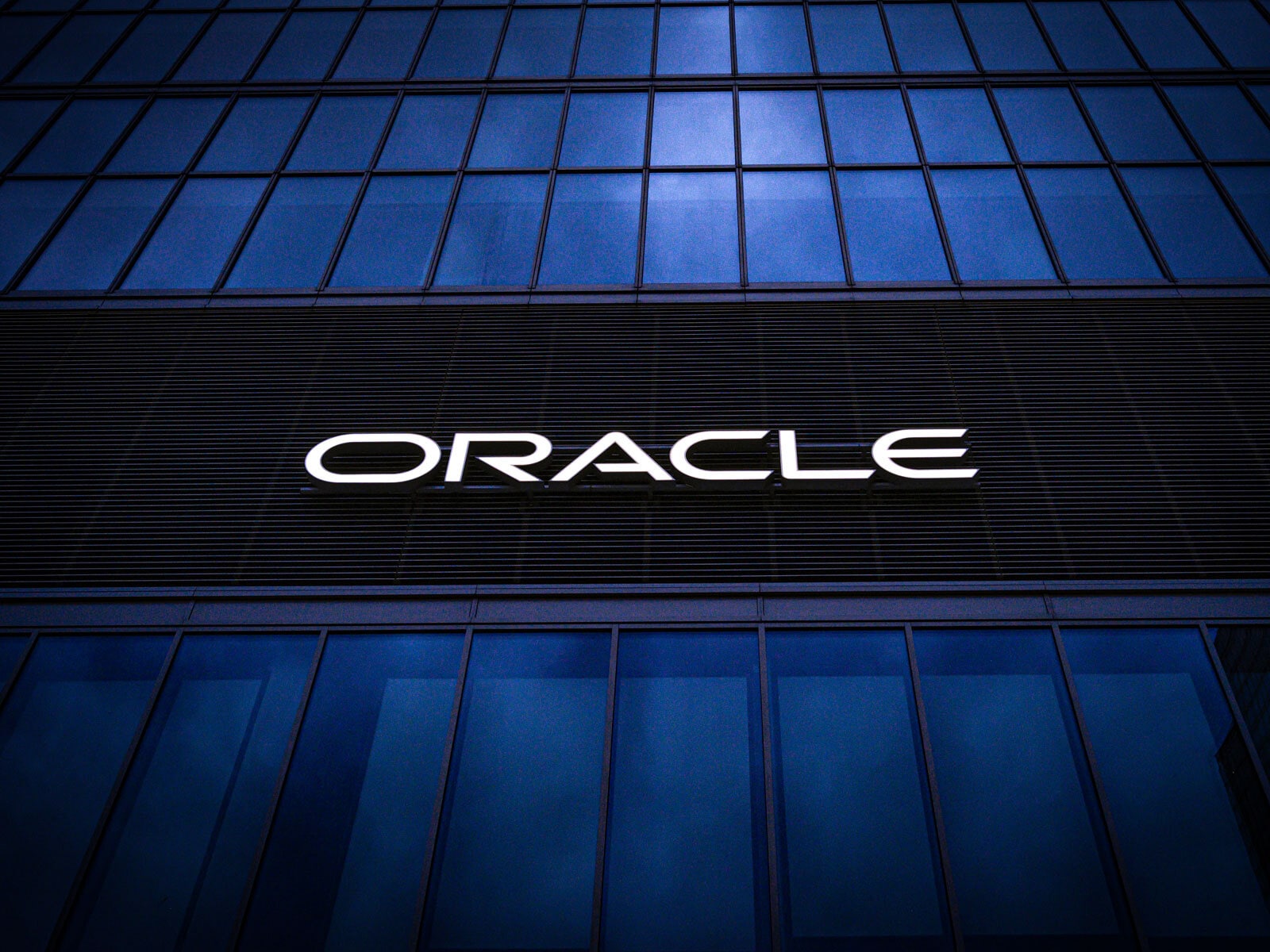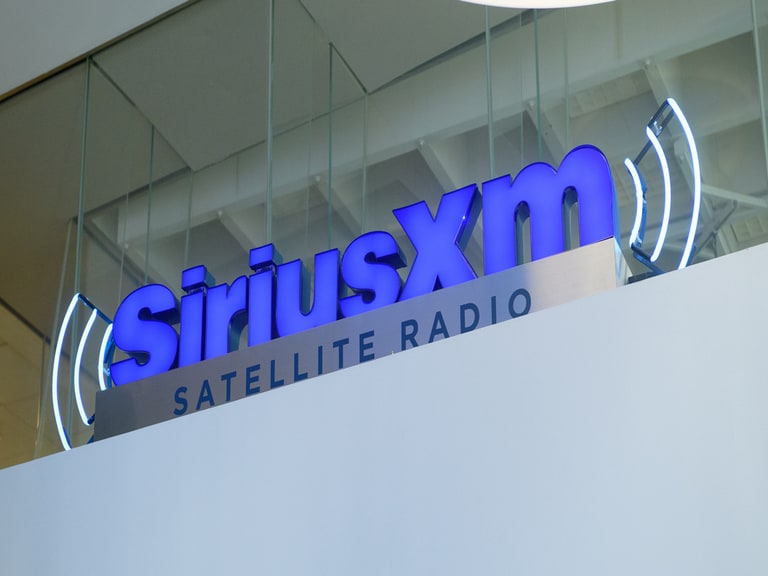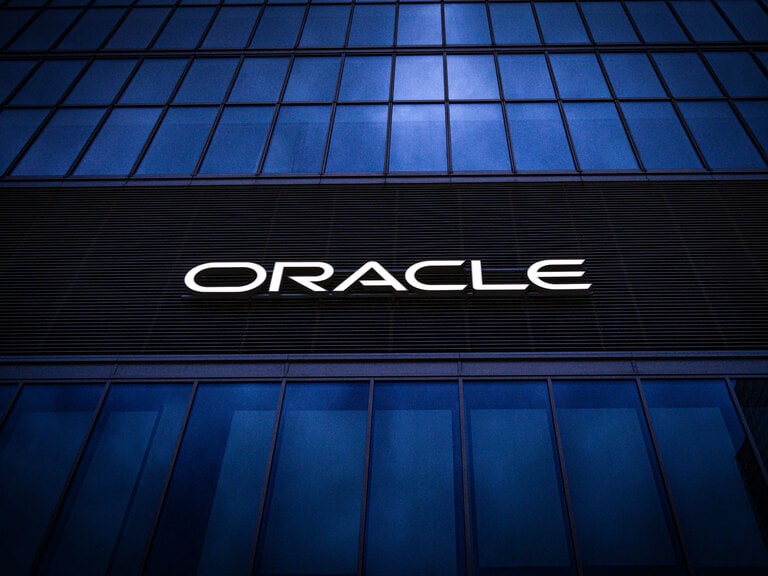Cloud and database giant Oracle is positioning itself as a key artificial intelligence player, but investors might be overestimating its prospects.
The Oracle
Oracle [ORCL] is a major producer of computing infrastructure products, particularly cloud services.
While the market is dominated by three major players — Amazon’s [AMZN] Amazon Web Services (AWS), Microsoft’s [MSFT] Azure and Google’s [GOOGL] Google Cloud — Oracle is one of the largest ‘tier 2’ providers. In Q2 2024, it overtook IBM [IBM] to tie with Salesforce [CRM] as the fifth-largest cloud provider globally, according to Synergy Research.
It is also a diversified technology company: for example, it provides database services and owns Java, one of the world’s most popular programming languages.
Like most big, diversified technology companies, Oracle is making a concerted push to position itself as a key supplier for artificial intelligence (AI) development.
This article will compare the fundamentals of ORCL stock to two of its closest competitors, but will first examine the recent events that have moved the company’s share price.
Malaysia AI
AI is a question of data and computing capacity, and Oracle is competing on both fronts.
On October 2 the company announced a $6.5bn investment into a cloud facility in Malaysia, following in the footsteps of Microsoft, Google, Nvidia [NVDA] and ByteDance in investing in the country.
The investment is, however, set to be one of the largest in Malaysia to date, surpassing the $6.2bn that AWS announced last year. The investment will create Oracle’s first public cloud there, allowing organizations to migrate their workloads to the cloud and leverage Oracle’s AI infrastructure and services.
Recent Stock Performance
The announcement made little impact on Oracle’s stock, however. Oracle’s share price gained 0.33% on October 2 before falling 0.51% on October 3.
However, Oracle’s share price has gained 70.80% in the year to date, and 64.35% over the past 12 months.
Oracle, IBM and CRM
Two key competitors for Oracle, especially given Synergy’s latest data on the cloud service provider market, are IBM and Salesforce.
Both are large tier 2 cloud service providers in their own right. Both, like Oracle, are diversified technology companies, and both have a strong focus on AI.
| ORCL | IBM | CRM |
|---|---|---|---|
Market Cap | $494.05bn | $215.83bn | $275.25bn |
P/S Ratio | 9.38 | 3.49 | 7.74 |
Estimated Sales Growth (Current Fiscal Year) | 19.90% | 2.20% | 8.60% |
Estimated Sales Growth (Next Fiscal Year) | 12.00% | 4.90% | 8.90% |
Source: Yahoo Finance
Oracle’s present valuation appears on the high side relative to its sales when compared to these two competitors. However, this could in part be because investors are pricing in expected revenue growth next year.
IBM appears to be the best-priced stock based on trailing sales, but it is also expected to post the weakest revenue growth.
ORCL Stock: The Investment Case
The Bull Case for Oracle
Given that it has overtaken IBM and drawn level with Salesforce in the cloud services market, Oracle clearly has momentum behind it as far as growth is concerned. The superior revenue growth that analysts are forecasting for Oracle underscores this, and over the long term it appears to be the best-placed of the three stocks to take a larger share of the global cloud computing market.
To this end, Oracle is establishing strategic partnerships with the other key players in this space. On September 9, it announced strategic partnerships with both AWS and Google Cloud to deploy Oracle’s database services directly through their respective cloud platforms.
According to technology analyst and advisory firm Moor Insights and Strategy, writing in Forbes, partnerships like these are a savvy play from Oracle because they enable it “to drive toward market expansion of its database platform”. Oracle’s database business goes back to the 1990s, but partnerships such as these will enable it to bring in new customers in line with the expansion of its cloud competitors.
The Bear Case for Oracle
Banking on future growth is risky, as there is no guarantee that the sales growth analysts are forecasting for Oracle will materialize.
There is, equally, no guarantee that increased revenue will convert into greater shareholder returns. Of the three stocks, Oracle has the highest forward P/E ratio — meaning that its current valuation is expensive based on the earnings that analysts expect it to post over the next 12 months.
Dave Sekera, US Market Strategist at Morningstar Research Services, believes that this elevated valuation is due to the market overestimating the extent to which AI can bolster Oracle’s performance.
“To some degree, the company will benefit from the growth in AI. But in our model, we think the market is just pricing too much of a benefit than what we’re seeing,” he told Morningstar’s The Morning Filter.
Conclusion
Investors who are treating Oracle as a direct AI play might be overestimating its prospects, based on this view from Morningstar.
However, there is reason to believe that it could grow its core cloud and database businesses significantly if it is able to capitalize on the trend, for example through strategic partnerships with the largest players.
Before taking any investment decision, investors should conduct thorough independent research and consider the risks involved.
-
OPTO’s proprietary theme relevance system maps the world’s biggest investing megatrends. For in-depth analyses of stocks with high growth potential, subscribe to OPTO Foresight.
Continue reading for FREE
- Includes free newsletter updates, unsubscribe anytime. Privacy policy





